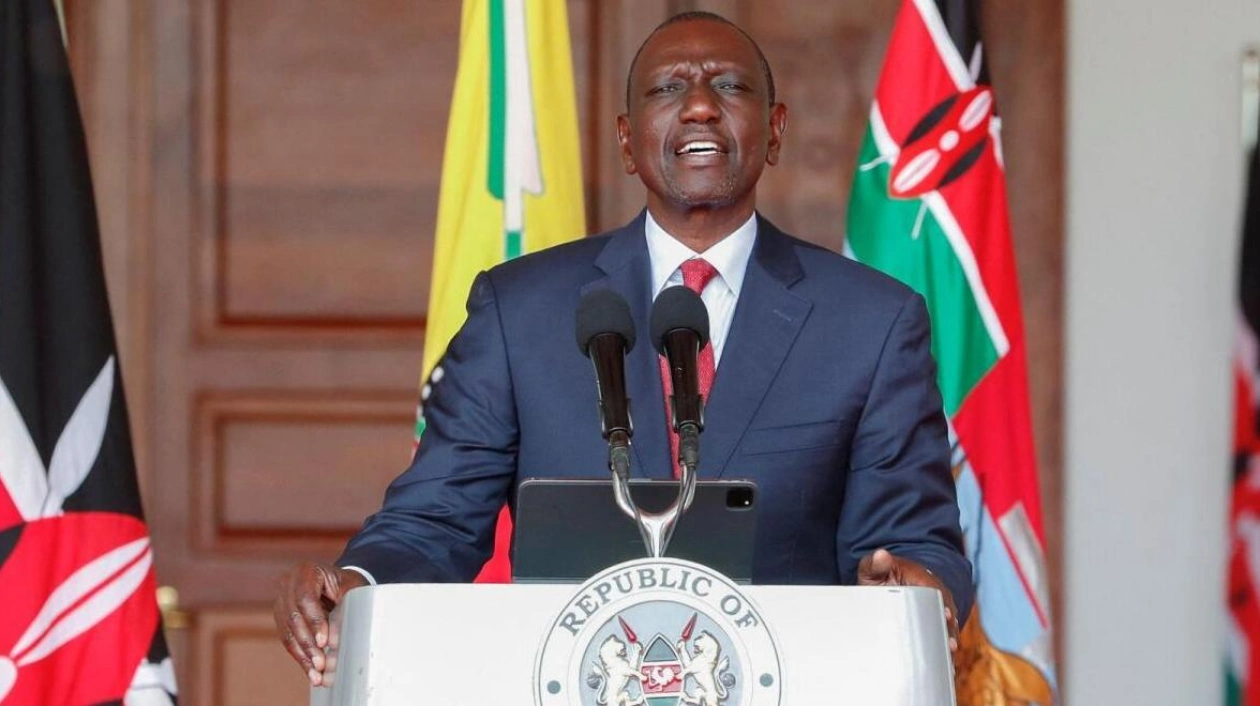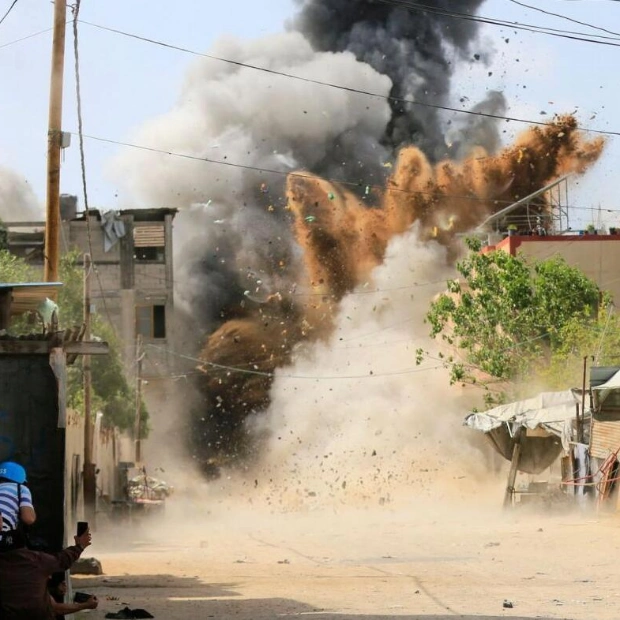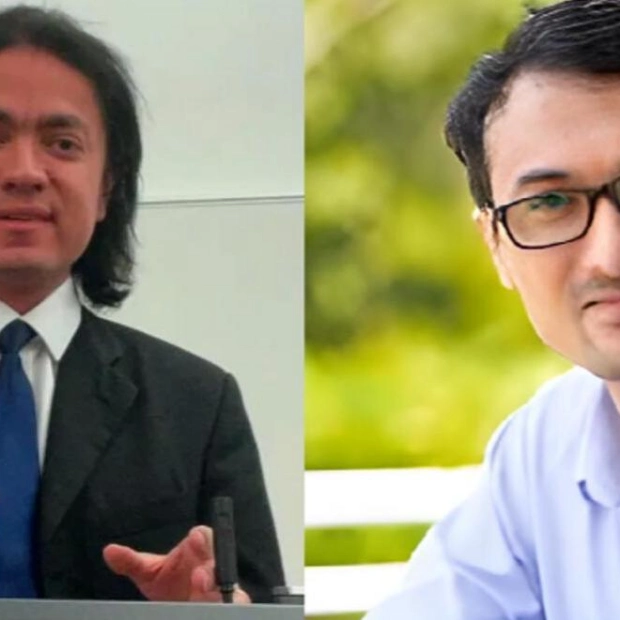Kenyan President William Ruto dismissed his entire cabinet on Thursday, except for the foreign minister, in response to nationwide protests that have escalated into the most significant crisis of his two-year presidency. The protests, initially peaceful against proposed tax increases, turned violent, resulting in at least 39 deaths during clashes with police last month. Some protestors even breached parliament briefly, prompting Ruto to abandon the tax proposals.
In a televised national address, Ruto announced plans to engage in extensive consultations across various sectors and political groups to form a broad-based government. He also mentioned that further measures would be announced later. Additionally, the attorney-general was dismissed, but the deputy president's office remained unaffected.
Veteran anti-corruption activist John Githongo expressed optimism to Reuters about the cabinet reshuffle, stating, "Let us see if the new ministers address major issues like corruption and the administration's arrogance and excesses, considering many Kenyans died during the demonstrations." He hoped this move would temporarily stabilize the situation.
Ruto has faced conflicting demands from lenders like the International Monetary Fund (IMF) to reduce deficits and a population struggling with increasing living costs. Last week, he proposed equal measures of spending cuts and additional borrowing to address the nearly $2.7 billion budget shortfall caused by the tax hike withdrawal. Analysts predict that Kenya may miss IMF targets due to this rollback, although the government currently has no immediate debt obligations.
The projected budget deficit for the fiscal year starting July 1 is now at 4.6% of the gross domestic product. Ojango Omondi, a community activist from the Social Justice Centres Working Group in Nairobi, viewed the dismissal of multiple cabinet ministers as a step towards justice. However, he emphasized the importance of ensuring that new appointees are accountable to the constitution and the rule of law.






